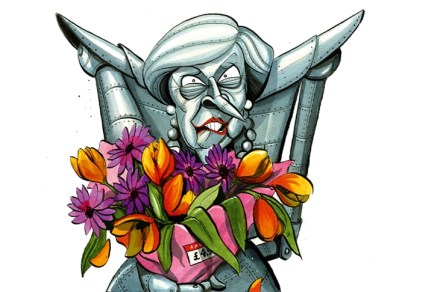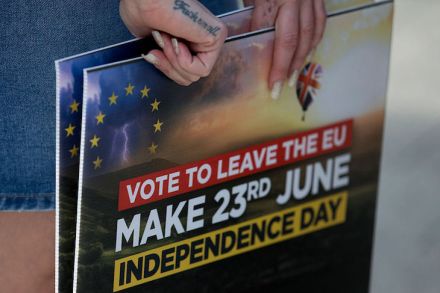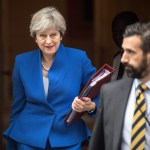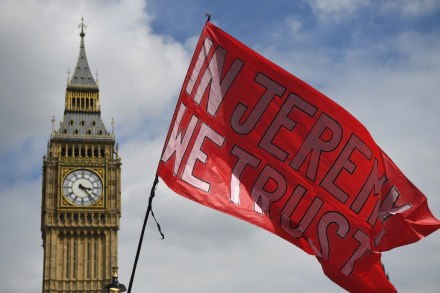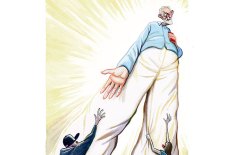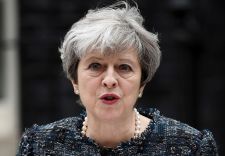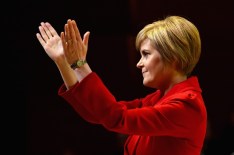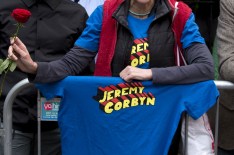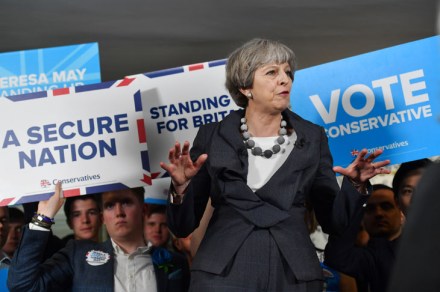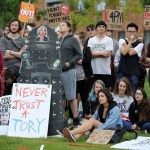Theresa May’s great comeback is now underway
Theresa May has always made her holidays sound as sensible and lacking in exoticism as she is. But something strange happens to the Prime Minister when she takes a break. After her last break, she decided she wanted a snap election. Now she’s back from the three-week holiday that was supposed to help the Conservative party calm down, and she’s declaring that she is here ‘for the long term’ and that she does want to fight the next election for the Conservatives. Her colleagues had urged her to take a long break this summer. They might now start getting a little suspicious when their leader next starts talking about some
